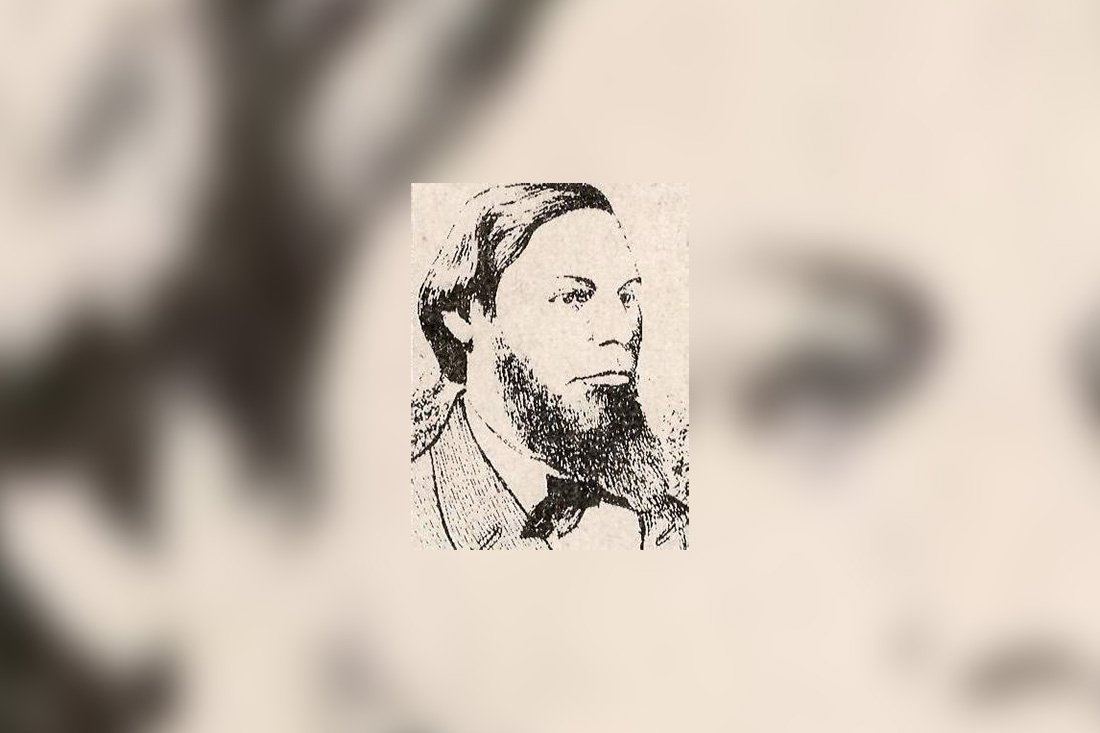If you ask about Manuel de Jesús Valdés Urra, among lovers of Homeland History -especially of the independence wars- some will remain pensive, like those who search their memory for the familiarity of the name. Others will respond quickly: “that’s Chicho, the principeño patriot with multiple anecdotes and courage.”
And it is that Chicho was one of the men who accompanied Joaquín de Agüero y Agüero in the uprising of San Francisco de Jucaral on July 4th, 1851. After the plan failed, he hides in “El Peñón” sugar mill of his friends Juan de Dios, Fernando and Agustín Izaguirre, until he embarked through the port of Nuevitas to the United States – where he lived for several years.
He shows his love for independence in different ways. Few Cubans know that he named his children Hatuey and Guarina. In the United States he was part of the Cuban Revolutionary Board. Manuel de Jesús was in favor of starting the fight immediately, and promoted the uprising of the slaves as future fighters for independence. Historian Ricardo Muñoz acknowledges that his position influenced the abolitionist position of the Revolution.
In December 1865 he met in Guaimaro with Francisco Vicente Aguilera, Carlos Manuel de Céspedes and other eastern patriots to coordinate actions and organize a movement against Spain. For his conspiratorial activities, he was arrested on July 7, 1868 in his hometown.
Chicho quickly supports the start of the Revolution on October 10th, 1868. He rises up in the first half of October with a group of Camagüeyans that he organizes at El Rosario farm and marches in front with one of the detachments towards Najasa.
Uncompromising with his independence ideas, he went to the pacifist attempt on November 26, 1868 at the Las Minas Meeting, commanding 300 men – the largest party in Camagüey – where he intervened in the debate and pronounced himself to continue the fight navy.
Later he established his camp in the Ciego de Ávila and Morón region, where he carried out combat actions and added important men from the area to his troops with the intention of reaching the jurisdiction of the Spirit and later extending the fight to the neighboring villareño territory, although the defeat suffered in El Trapiche combat forces him to return to Camagüey.
Two months later, he inflicted one of the most prominent disasters on the Spanish Army, when he attacked the column of around 3,000 men operating under the command of Brigadier Juan Lesca, in Sierra de Cubitas that is now known as the Paso de Lesca. His courage was reflected in an anonymous poem that, with the humor that characterizes Cubans, leaves evidence of his patriotism.
Al General Lesca
Dicen que “Chicho” Valdés
Te hizo huir en confusión
Y tomándote un cañón
Como dos y una son tres
Diz que se viró al revés
Tu bandera vencedora
Y que como justicia llora
Aún tú segura ruina:
Que cese ya tu doctrina
Porque ya llegó la hora.
Another of the outstanding anecdotes related to his person is that of the rally during the Guaimaro Assembly, when called to address the crowd that attended full of patriotic fervor, he invited them to fight with the historic phrase “The mother of those who do not fight ”.
A month later, before the rumor that Spanish forces were organizing to recover the town of Guáimaro, the Government in Arms determined to set it on fire. Chicho participates at the command of 100 men, to collaborate in the patriotic offering.
In the reorganization of the Liberation Army in July 1869, he was appointed chief of Pharmacy in the State of Camagüey, a position he held until 1870, when he fell ill with cholera -one of the great scourges for the mambises in the insurgent camps- died on January 6th with only 41 years of age in San José de Guaicanamar, where he was assisted by the doctor Manuel Ramón Silva.
Translated by: Aileen Álvarez García






